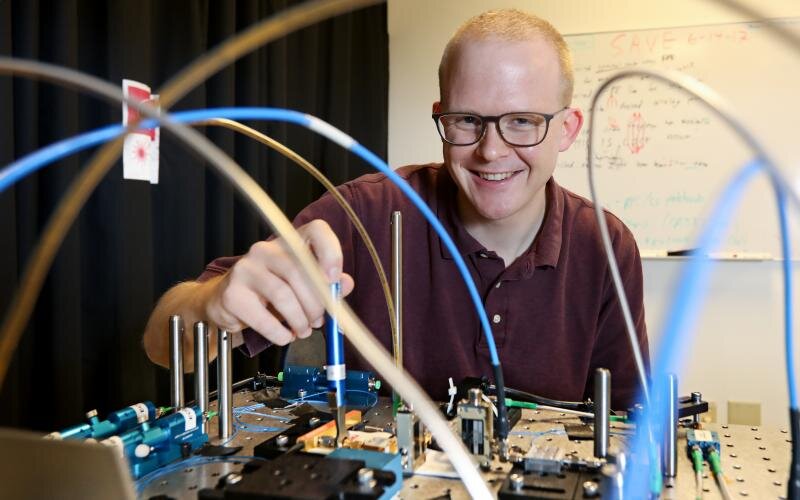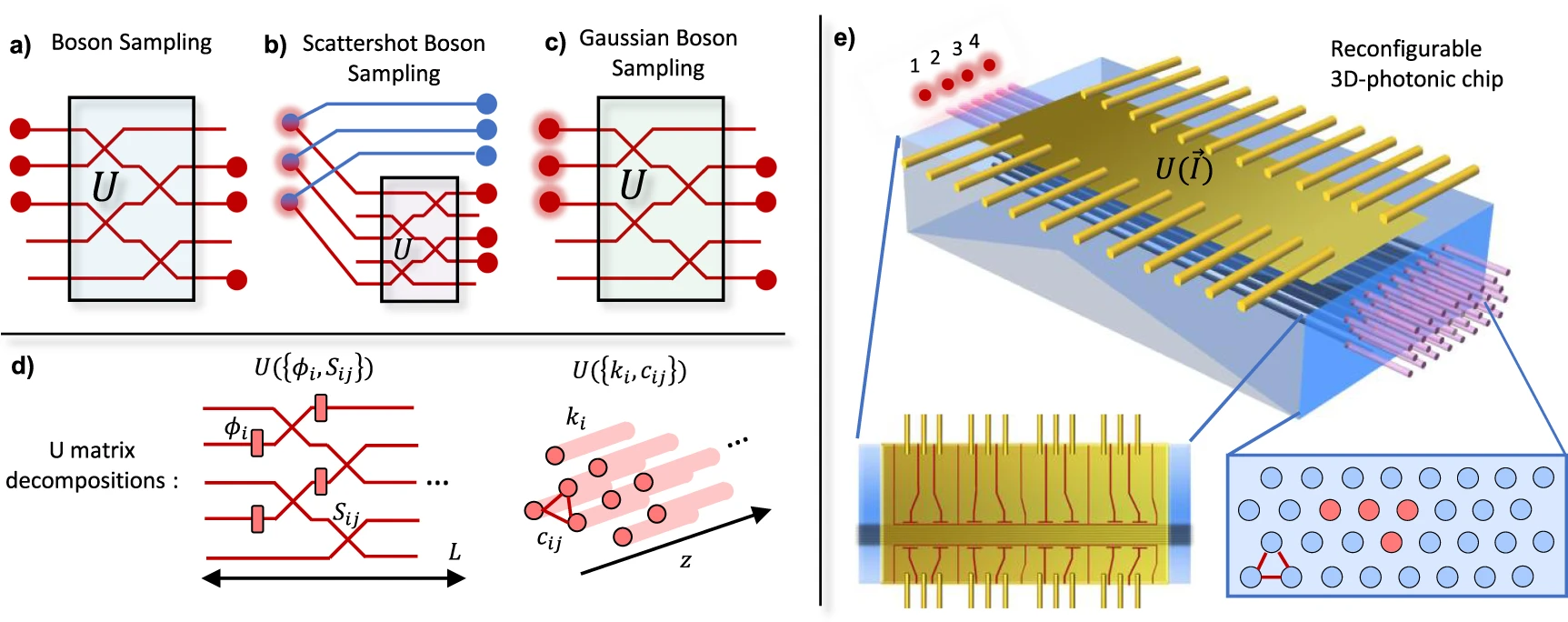A new study outlines the need for materials advances in the hardware that goes into making quantum computers. The team of researchers surveyed the state of research on quantum computing hardware with the goal of illustrating the challenges and opportunities facing scientists and engineers.
In practice, the main challenge in realizing quantum computers is that general, many-particle quantum states are highly sensitive to noise, which inevitably causes errors in quantum algorithms. Some noise sources are inherent to the current materials platforms. The team has reviewed some of the materials challenges for five platforms for quantum computers and propose directions for their solution.
This review constitutes a roadmap of the current challenges and opportunities for materials science in Quantum Computing. The scientists have provided a comprehensive review of materials issues in each physical platform by describing the evidence that has led to the current understanding of each problem. For each platform, they have presented reasons for particular material choices, survey the current understanding of sources of noise and dissipation, describe materials limitations to scaling, and discuss potential new material platforms.
Despite major differences among physical implementations in each hardware technology, there are several common themes: Material selection is driven by heterogeneity, impurities, and defects in available materials. Poorly controlled and characterized surfaces lead to noise and dissipation beyond limits imposed by bulk properties. Scaling to larger systems gives rise to new materials problems that are not evident in single-qubit measurements.
They identified three principal materials research frontiers of interest in this context.
First, understanding the microscopic mechanisms that lead to noise, loss, and decoherence is crucial. This would be accelerated by developing high-throughput methods for correlating qubit measurement with direct materials spectroscopy and characterization.
Second, relatively few material platforms for solid-state Quantum Information Processing (QIP) have been explored thus far, and the discovery of a new platform is often serendipitous. It is thus important to develop materials discovery pipelines that exploit directed, rational material searches in concert with high-throughput characterization approaches aimed at rapid screening for properties relevant to QIP.
Third, there are several materials issues that do not affect single-qubit operations but appear as limitations in scaling to larger systems.
Many problems faced by these platforms are reminiscent of some that have been addressed over the past five decades for complementary metal-oxide semiconductor electronics and other areas of the semiconductor industry, and approaches and solutions adopted by that industry may be applicable to QIP platforms. Materials issues will be critical to address in the coming years as we transition from noisy intermediate-scale systems to large-scale, fault-tolerant systems.
The study has been published in the journal Science.



